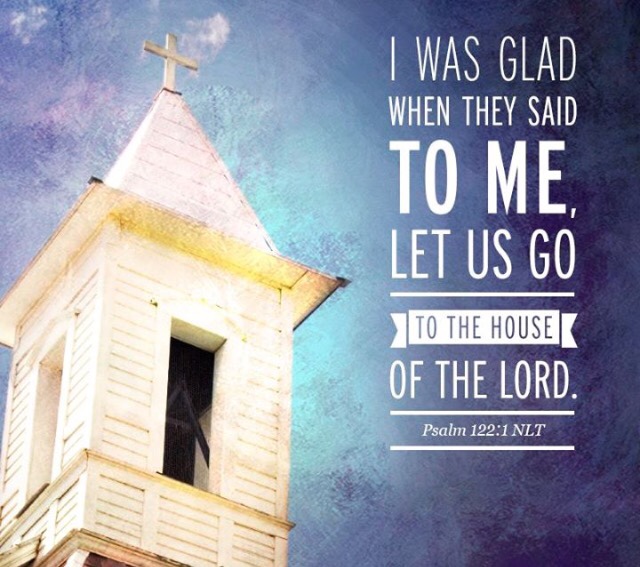 Repentance is a gift from God. We mustn’t assume that repentance has its origin within us. God gives repentance as a gift of grace through the work of the Spirit in His people and as such ought to be treated as a gift with an awareness of an undeserved mercy. (2 Tim. 2:25)
Repentance is a gift from God. We mustn’t assume that repentance has its origin within us. God gives repentance as a gift of grace through the work of the Spirit in His people and as such ought to be treated as a gift with an awareness of an undeserved mercy. (2 Tim. 2:25)
Repentance is recognizing that our offense is primarily a transgression against God, His holy character, and His Law, and secondarily a transgression against our neighbor as His image bearer. Therefore real repentance is to be offered for real sins and real transgressions and not for illusory or made-up offenses. (Matt. 22:36-40)
Repentance, rightly understood, inevitably brings about a change of mind and posture towards those whom we’ve sinned against. First, in abhorrence of my behavior as it has been directed toward to the person and character of God, and second, as I have sinned against my neighbor. Repentance looks like renewed disposition, love, and good deeds directed toward both. (Eph. 4:28)
Repentance is casting myself upon the mercy of God for my personal transgressions against God and my neighbor, and imploring Him for forgiveness, and trusting that He will hear my cry for mercy. And this with a single view of turning away from this action that has caused a breach between Him (and my neighbor) and me, with full recognition that without God’s mercy I am lost in my sin. (Psalm 51, Luke 18:9-14)
Repentance is recognizing and embracing the reality that my sinful behavior is no small thing. My sin is a transgression against the holy character of God and as such required the death of Jesus Christ as God’s sin-bearer. (Heb. 9:22)
My repentance is not conditioned upon the repentance of someone else. My transgression is mine alone and whether someone else repents is of no consequence to me. My sinful action against God (and my neighbor) is the sole source for my repentance. (Matt. 5:23)
Lack of repentance brings judgment. (James 5:9)
Repentance must characterize the community of the forgiven as the world looks on in confounded amazement. (Rev. 2:5)
Repentance makes the heart glad as we become reconciled to God and our neighbor. (James 5:16)
Repentance is an indication that we are walking in the light and have fellowship with God through Christ. (1 John 1)
Repentance, with both contrition and joy, shows the inestimable worth of Jesus Christ as a propitiation for my sin. (1 John 1:5-10)
Repentance demonstrates the imminence of God’s Kingdom (Matt. 4:17)
There is rejoicing in heaven when one sinner repents. (Luke 15:7)
Repentance, when offered in faith, is always accompanied by the assurance of forgiveness by God. (1 John 1:9)
– Dan J. Morse, from his ‘Not a Square Inch’ blog
Note: It should go without saying that before all else repentance recognizes that we cannot save oursleves so it is a turning (repenting) from trusting in your own righteousness and trusting in Christ and His righteousness ALONE.


